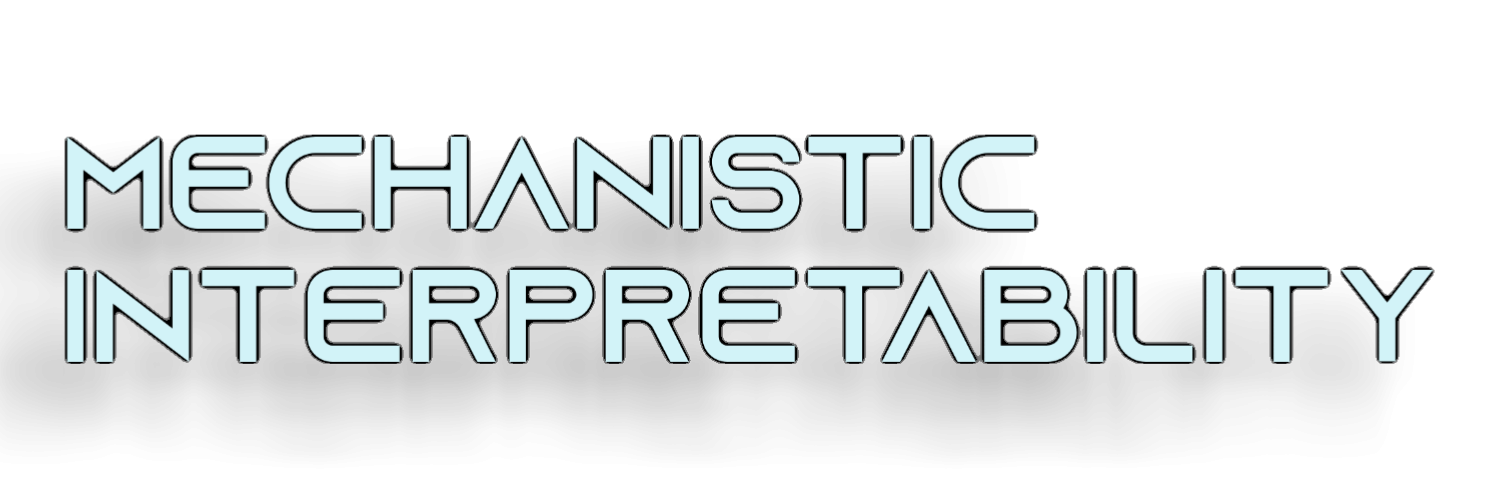Balancing AI Progress with Planetary Health: A Deep Dive into the Environmental Impact of Generative AI
19 Dec, 2024 AI AI,Mechanistic,MechanisticInterpretability,Interpretability,ArtificialIntelligence,MachineLearningUnpacking the Environmental Cost of AI Progress
While advancements in artificial intelligence (AI) continue to significantly impact and transform various sectors across the globe, it is imperative to examine the sustainability of these innovations. Particularly, questions surrounding the increasingly popular generative AI tools and their environmental implications are rising in prominence, fueled significantly by a pronounced consumer consciousness surrounding environmental conservation. It’s a complex topic that interlocks technological evolution with sustainability issues, urging a careful scrutiny of its underpinnings.
Understanding the Generative AI Energy Dilemma
Generative AI, a branch of artificial intelligence, plays a key role in diverse applications, from automated emails to personalized recommendations, and idea generation. Yet, these seemingly effortless operations are powered by energy-intensive mechanisms operating behind the scenes.
The Invisible Powerhouses: Data Centres
At the core of every AI-enabled service are data centres, composed of thousands of servers consuming substantial energy. Unlike the energy modesty of a simple Google search, a generative AI task can burn up to ten times that amount. If we equate it to daily worldwide Google searches, which caps at nine billion, the additional energy demand would align with the annual consumption of 1.5 million citizens in the European Union.
Projected Growth of AI’s Energy Hunger
Morgan Stanley’s consultants predict a concerning future, with the energy demands of generative AI expected to rise annually by 70% until 2027. In numbers, that’s equivalent to the electricity requirements of a nation—akin to Spain, considering its 2022 energy consumption rates.
Navigating Consumer Perception and Expectations
Concurrently, a CloudNine PR survey suggests an increased understanding and concern among UK adults regarding the environmental effects of generative AI. Among the observers, 20% don’t have faith in generative AI businesses to judiciously manage their environmental footprint. 35% of respondents believe generative AI tools should actively underline their environmental impact to the user.
Green Premiums and Environmental Accountability
Despite all the uncertainties, a silver lining is emerging — a willingness to reward sustainability. A subsection of 10% among regular users of generative AI tools express readiness to pay a premium for energy-efficient and green services/products. Herein lies a crucial message for businesses – a demand for both environmental responsibility and transparency in operations from technology organizations.
From Legislation to Practice: Shifting Towards Sustainable AI
Addressing such concerns surrounding AI’s environmental impact are policymakers and tech giants alike. The Artificial Intelligence Environmental Impacts Act—a US initiative—aims at standardising carbon emission calculation and reporting for AI companies.
Support from the Giants
Industry leaders are not withholding their support for such initiatives. Salesforce, among several others, endorse legislation proposal for mandating standard measurements and disclosures of AI’s carbon footprint. The path charted includes adopting energy-efficient hardware, switching to sustainable cooling methods in data centres, and using renewable energy sources.
The Future Landscape: Towards Sustainable AI
However, more efforts are required to reach the sustainability goals, given the increasing prominence and dependence on AI in our lives. In the words of Uday Radia, the founder of CloudNine PR, it’s “a race against time to make [generative AI] more sustainable before it gets out of control.”
While we explore the enormous potential generative AI holds for enhancing our lives and businesses, it remains crucial to consider its impact on the environment. With transparency, innovation, and strict regulations, the tech industry can pave the way towards a more sustainable future where AI advances harmoniously coexist with the planet’s health.

